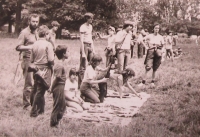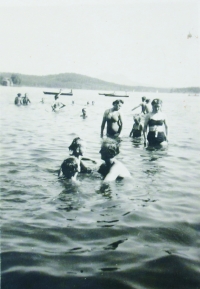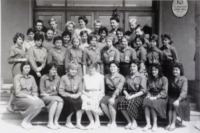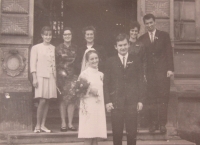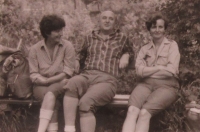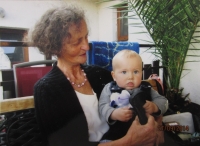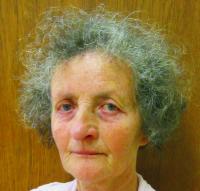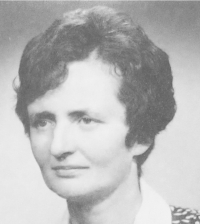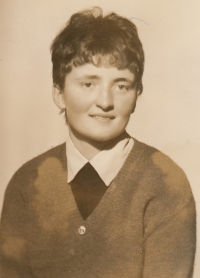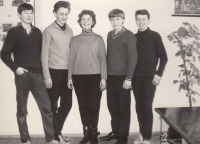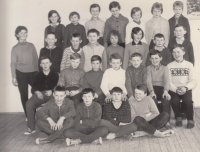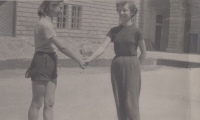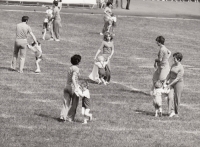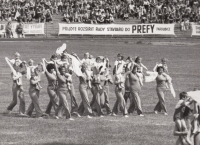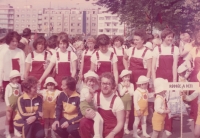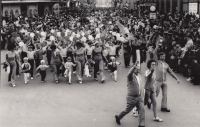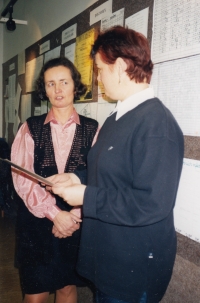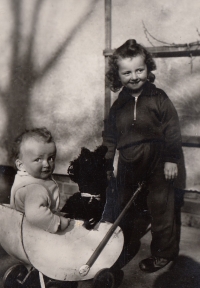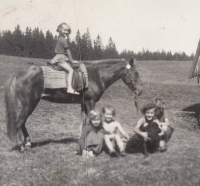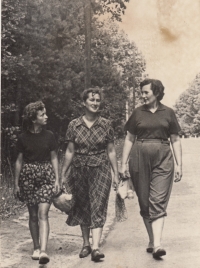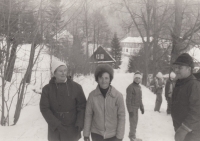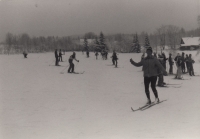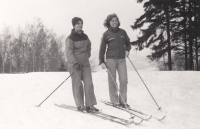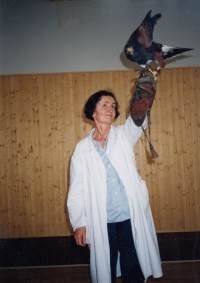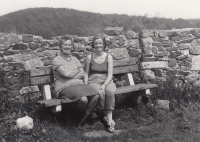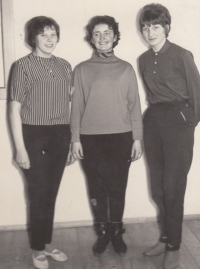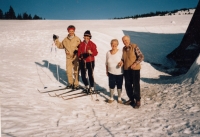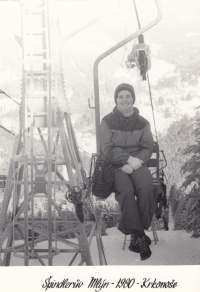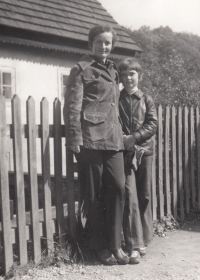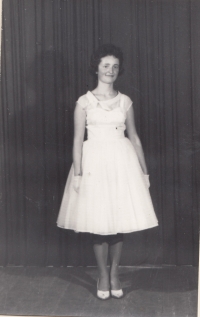She got married on 21 August 1968 and immediately signed the protest against the occupation

Download image
Vendulka Jozífová was born on 24 April 1945 in Pardubice. Her parents Věra and Václav Kadlec were enthusiastic Sokols and they led their three children to sport as well. Her great-grandfather Ferdinand Potůček built Sokol gymnasium Na Olšinkách in Pardubice. In 1950s, the witness went on Pionýr camps, which were led by former Scouts leaders at the beginning. From them she took in the knowledge which she later passed on to her students. She manually worked on the construction of a housing estate in Pardubice to compensate for her non-working-class origin and to be able to study at an eleven-year secondary school. She studied physical education and natural history at a pedagogical institution and later ecology at the Charles University. She got married on 21 August 1968 and immediately after leaving the city hall she signed a petition against the entry of Warsaw Pact armies on a street. All her life she tried to educate her pupils in the spirit of Sokol and Scout thinking. In 2021 she lived in her house in Pardubice and engaged in her many hobbies.
